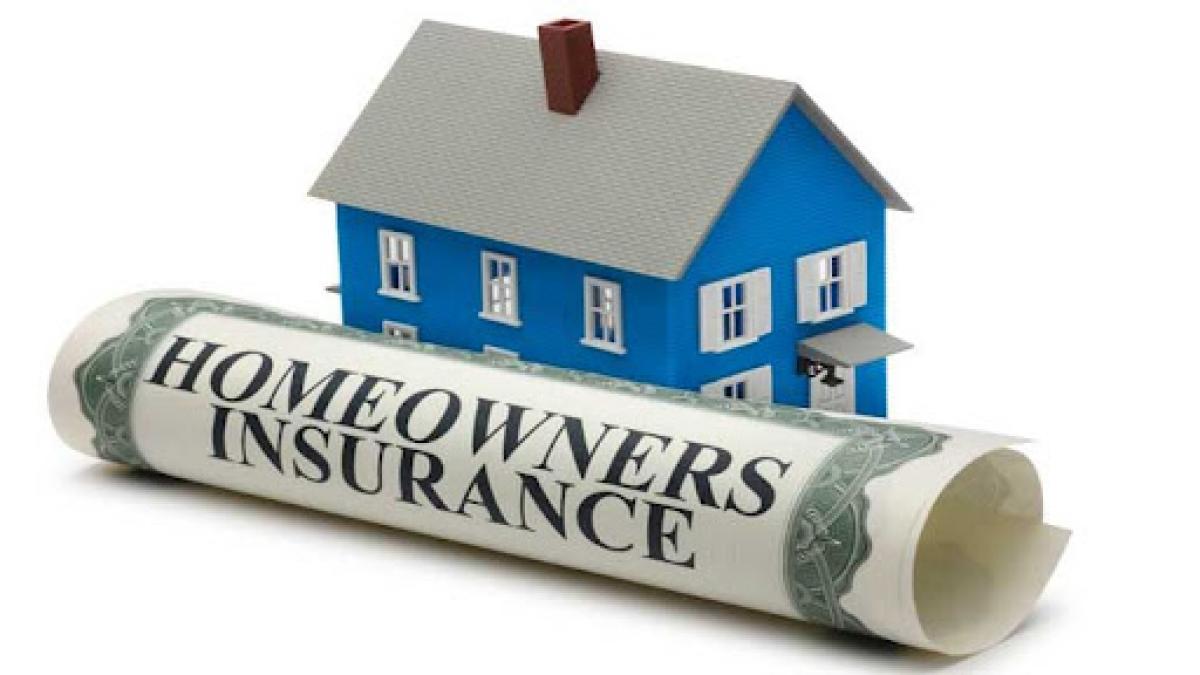Are accidental damages, such as spilling wine on a carpet, usually covered by standard contents insurance?

Accidental damage is not typically included in standard contents insurance but can be added as an optional extra.
Is it mandatory to have home insurance in the UK?

Home insurance isn’t required by law, but mortgage lenders often require you to have buildings insurance as a condition of the loan.
What is 'new for old' cover in contents insurance?
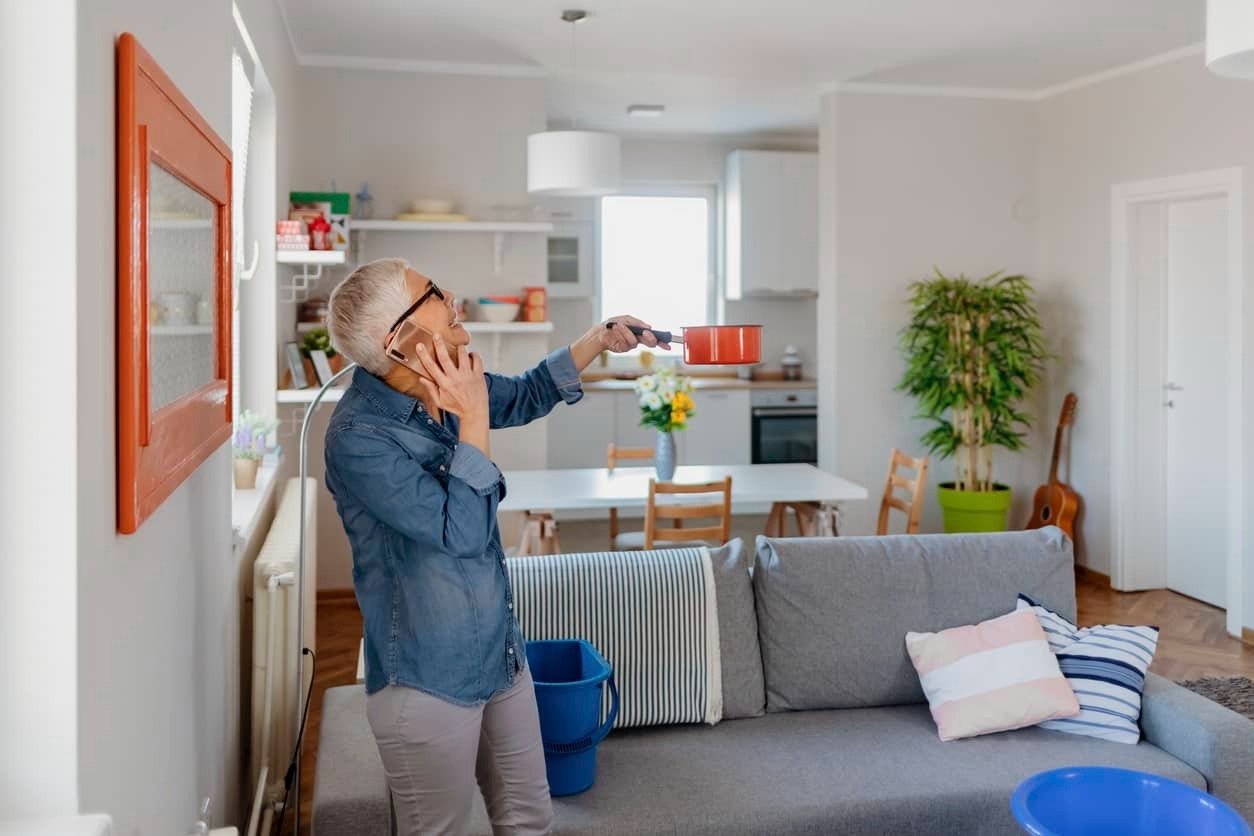
New for old' means if an item is damaged or stolen, your insurer will replace it with a new equivalent, regardless of its age or condition.
What does a 'valuables limit' refer to in home insurance?

The 'valuables limit' is the maximum amount your insurer will pay for a single valuable item unless it is specifically listed and insured separately.
Can you insure your home for more than its market value?

You should insure your home for its rebuild cost, not the market value, which may be higher or lower depending on the location and current property market.
What does buildings insurance typically cover?

Buildings insurance usually covers damage to the structure of your home, including fire damage. Furniture theft would fall under contents insurance.
How often should you review your home insurance policy?
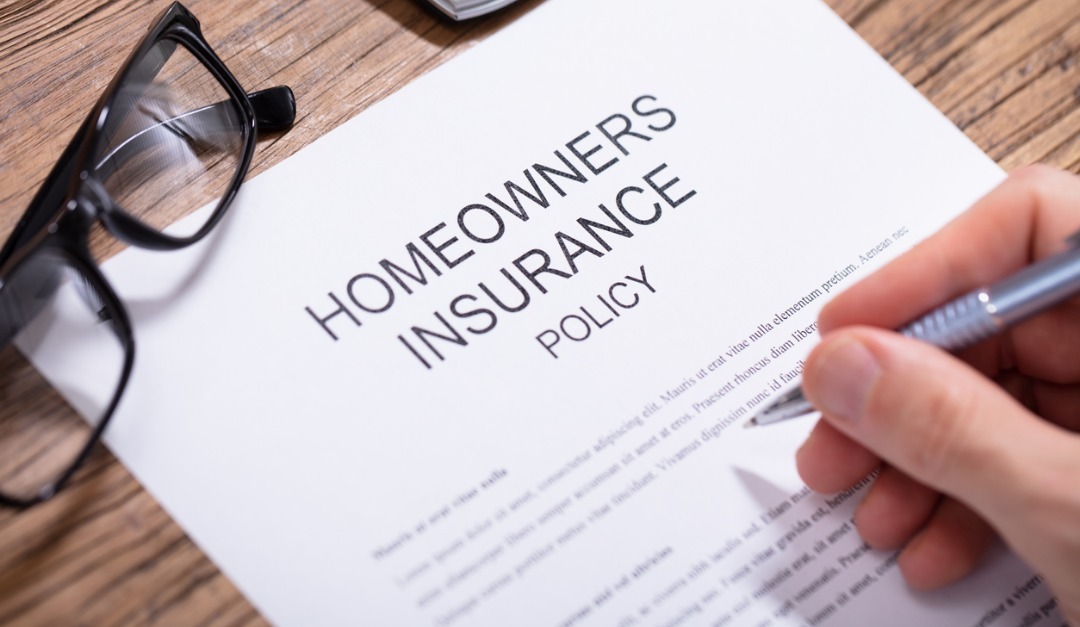
Regularly reviewing your policy ensures that it continues to meet your needs, especially if you’ve made changes to your home or possessions.
What is an insurance broker’s role?
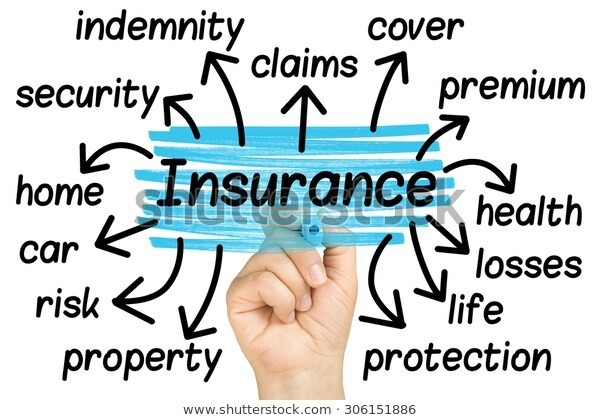
Insurance brokers act as intermediaries, helping you find the most suitable insurance policy based on your requirements.
What happens if you underinsure your home?

If you underinsure, your payout may be reduced in proportion to the level of underinsurance.
Does home insurance typically cover subsidence?

Subsidence can be covered by home insurance, but it often requires specific coverage or may come with higher premiums
Which of these is usually covered by contents insurance?

Contents insurance covers personal belongings like jewellery, furniture, and electronics, typically not the physical structure or external parts of the property.
Can you add cover for specific high-value items in your home insurance policy?
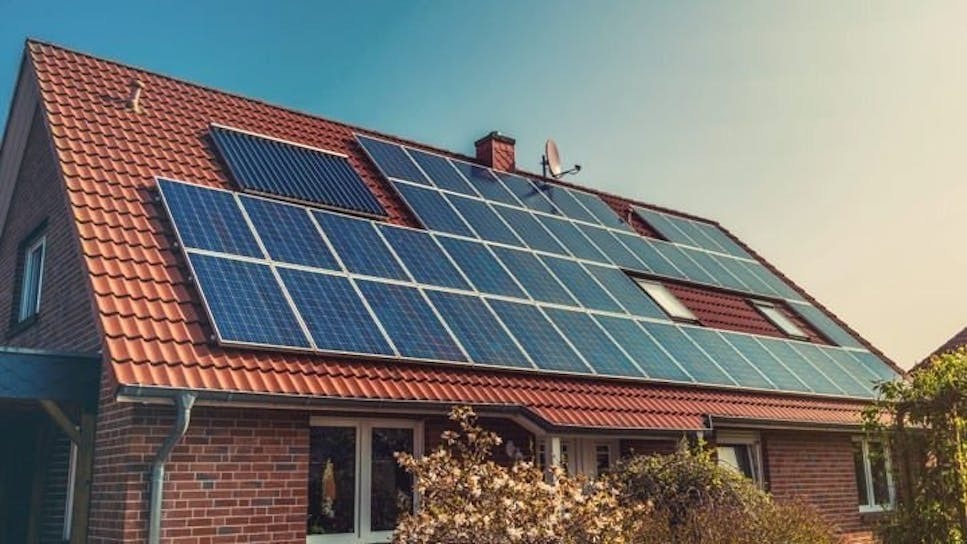
You can list high-value items separately in your policy to ensure they are fully covered, as standard limits may not be sufficient.
What should you do if you make home improvements?

If you make significant home improvements, you should inform your insurer, as it may affect the value of your property and the level of coverage needed.
What is the main purpose of a home insurance excess?

The excess is the amount you agree to pay towards any claim. A higher excess can reduce your premium.
What does liability cover in a home insurance policy protect against?
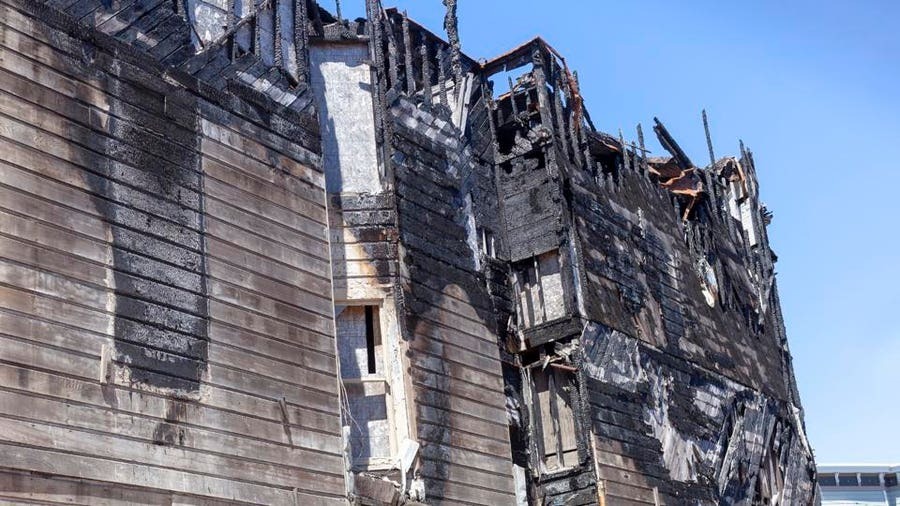
Liability cover protects you if someone is injured or their property is damaged and you are held legally responsible.
Can you insure a second home under a standard home insurance policy?

A second home typically requires its own insurance policy as it may have different risks compared to your primary residence.
What does a 'no claims discount' in home insurance refer to?

A 'no claims discount' reduces your premium if you haven’t made any claims on your insurance during the policy period.
Is flooding typically covered by standard home insurance policies in the UK?

Flooding is generally covered, but in high-risk flood areas, it may be excluded or require additional coverage.
Which of the following is generally NOT covered under a standard home insurance policy?

Standard home insurance typically does not cover loss of items outside the home without additional coverage, like personal possessions insurance.
What is a listed building in the UK?

Listed buildings have special protections and restrictions due to their historical or architectural significance, and they often require specialized insurance.
Homeowners insurance is a crucial aspect of protecting your home and personal belongings, yet many people are unsure about what it truly covers. Understanding the specifics of homeowners insurance can help you make informed decisions and ensure that you are adequately protected against potential risks. This type of insurance typically provides coverage for the structure of your home, your personal property, and liability claims, among other things.
Also Read: How to Save Money on Your Car Insurance Premium
Perils Covered
Homeowners insurance is designed to protect you from a variety of risks, often referred to as perils. These perils are specific events or situations that could cause damage to your home or personal belongings. Commonly covered perils include fire and smoke damage, which can be devastating and result in substantial loss if not covered by insurance. Theft and vandalism are also covered, providing financial relief if your property is stolen or deliberately damaged. Additionally, most policies include protection against damage caused by wind and hail, which can occur during severe weather events.
Water damage is another critical area of coverage. Typically, homeowners insurance covers damage from burst pipes or accidental leaks within the home. However, it’s important to note that flood damage is generally excluded from standard policies and requires a separate flood insurance policy.
Exclusions and Limitations
While homeowners insurance provides essential protection, it does come with certain exclusions and limitations that are important to understand. Exclusions refer to situations or types of damage that are not covered by your policy. For instance, routine maintenance issues or damage resulting from wear and tear are typically excluded, meaning that if problems arise due to a lack of upkeep or aging components, your insurance will not cover the repairs. Additionally, damage caused by pests, such as termites or rodents, is generally not covered, as this is often considered a maintenance issue rather than an insurable event. Intentional acts of damage, where the homeowner deliberately causes harm, are also excluded from coverage.
Limitations in homeowners insurance policies often relate to the amount of coverage provided for certain types of property or damages. For example, there are usually coverage limits on high-value items like jewelry, art, or collectibles. These limits mean that if these items are lost or damaged, the insurance might only cover a portion of their value, requiring you to either insure them separately or accept the lower payout. Additionally, deductibles play a significant role in claims; the deductible is the amount you must pay out of pocket before your insurance coverage kicks in. Understanding these exclusions and limitations can help you better prepare for what your policy will and will not cover, and guide you in making any necessary adjustments to ensure adequate protection.
Optional Coverage and Endorsements
Optional coverage and endorsements are additional components that can be added to a standard homeowners insurance policy to enhance protection based on individual needs. These options allow homeowners to tailor their coverage to better suit their unique situations.
One example of optional coverage is home-based business insurance. If you run a business from your home, standard homeowners insurance might not fully cover business equipment or liability associated with your business activities. Adding this type of coverage can provide protection for your business assets and any potential legal claims related to your business operations.
Identity theft protection is another valuable endorsement that can be included. This coverage helps to mitigate the financial impact of identity theft by covering costs associated with restoring your identity and dealing with related legal issues.
How to Choose the Right Policy
Choosing the right homeowners insurance policy involves careful consideration of your individual needs and circumstances. Start by assessing your home’s value and the value of your personal property. This will help you determine how much coverage you need to adequately protect your home and belongings in the event of a loss. It’s important to account for both the replacement cost of your home and the value of your personal possessions.
Next, consider the potential risks in your area. For example, if you live in a region prone to natural disasters like hurricanes or earthquakes, you may need additional coverage to address these specific risks. Understanding the common hazards in your location will help you select a policy that provides appropriate protection.
Comparing different policies is crucial to finding the best fit. Review the coverage limits, exclusions, and deductibles of each policy to understand what is included and what is not. Pay attention to the differences between standard and enhanced policies, as some may offer broader coverage options or additional endorsements that might be beneficial.
Conclusion
Selecting the right homeowners insurance policy involves careful consideration of various factors to ensure you get the coverage that best fits your needs. Start by assessing your specific requirements, which includes evaluating the value of your home, the contents within it, and the potential risks associated with your location. Consider the unique features of your property and any additional risks such as natural disasters that might necessitate extra coverage.
Comparing different policies is crucial, as there can be significant differences between standard and enhanced coverage options. Pay attention to coverage limits, exclusions, and the specific terms of each policy. Obtaining quotes from multiple insurance providers can also be beneficial, as it allows you to gauge the cost and value of various policies. Working with an insurance agent or broker can provide personalized assistance, helping you navigate the complexities of different policies and find one that meets your needs.
